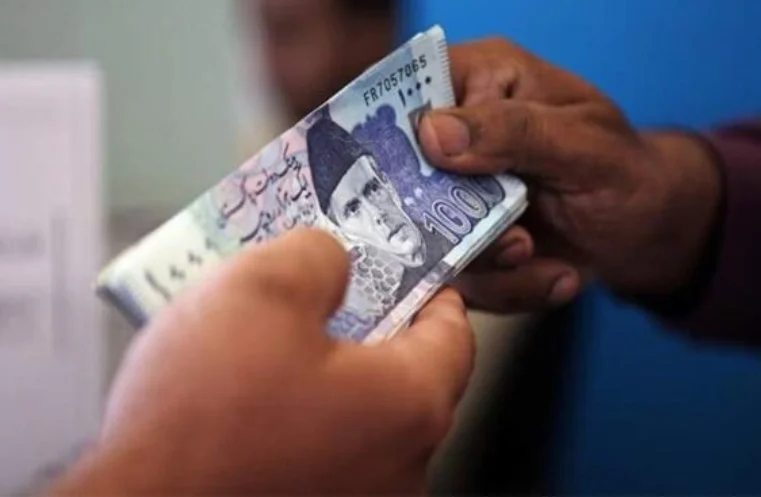Islamabad, Feb 13: The salaried class in Pakistan has contributed Rs. 285 billion in income tax during the first seven months of the fiscal year, marking an increase of Rs. 100 billion compared to the previous year. This surge is largely attributed to rising living costs and the absence of significant social benefits.
To address this imbalance, the government is considering shifting part of the tax burden to other sectors in the upcoming budget, according to Minister of State for Finance Ali Pervaiz Malik. The government had already imposed an additional Rs. 75 billion taxes on salaried individuals last year to meet International Monetary Fund (IMF) demands, yet actual tax collections have surpassed this amount.
Breakdown of Tax Contributions
- Non-corporate sector employees: 122 billion
- Corporate sector employees: 86 billion
- Provincial government employees: 48 billion
- Federal government employees: 29 billion
Despite these collections, the government continues to struggle with tax enforcement on wholesalers and traders. Instead of direct taxation, authorities rely on withholding tax deductions from non-registered businesses, but this approach has yielded limited success.
Read More:
Rupee Takes a Hit Against All Major Currencies in Today’s Trading Session
Meanwhile, the National Assembly has postponed a proposal to ban bank transactions by ineligible persons, a move aimed at supporting the real estate sector.
With the upcoming budget, policymakers face a tough challenge: ensuring fair taxation without overburdening the salaried class while bringing untaxed sectors into the tax net.









